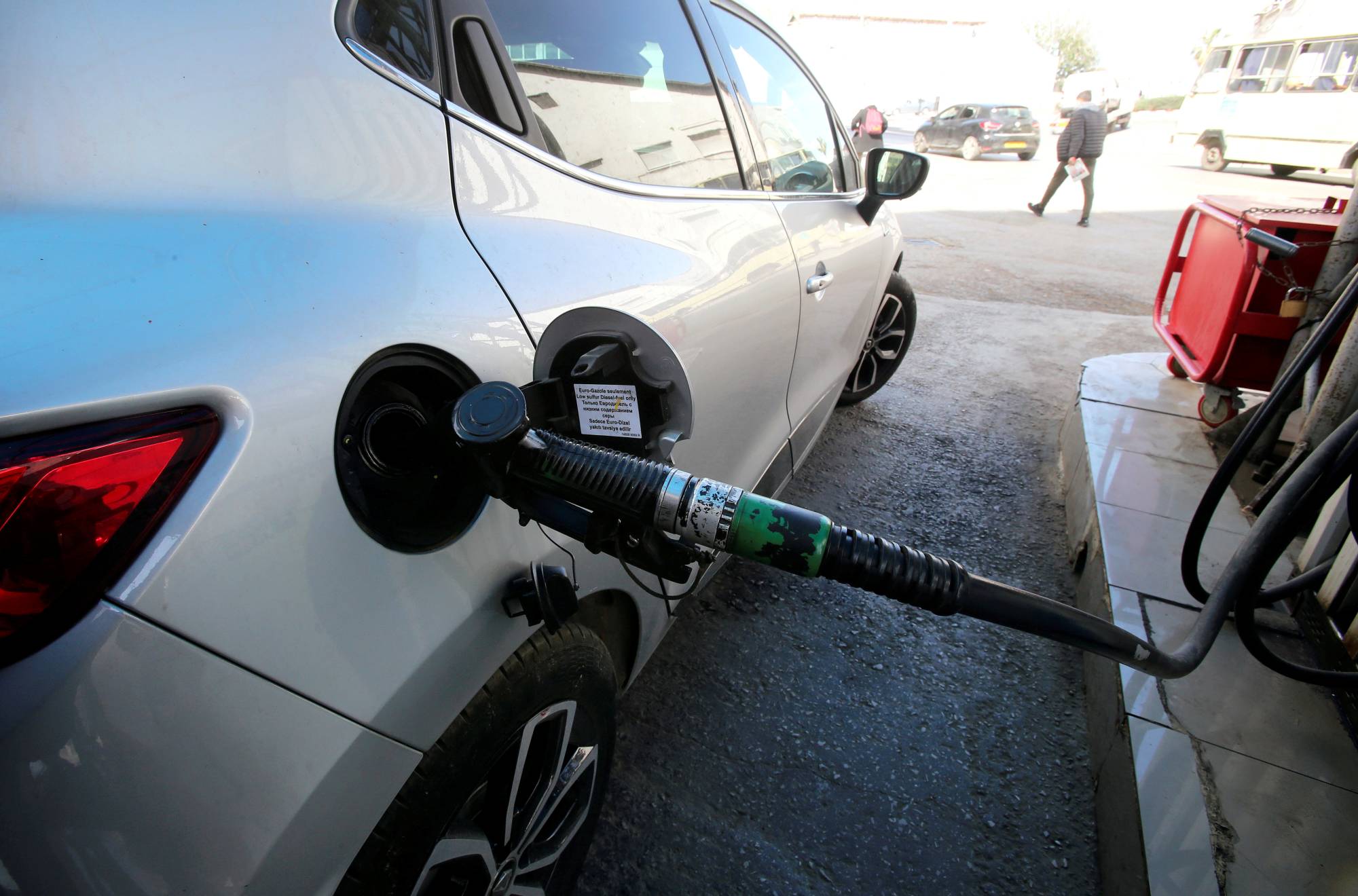If petroleum is going to save Australian manufacturing, why are the country’s oil refineries on their knees?
Exxon Mobil Corp. recently announced the closure of its processing plant in the Melbourne suburb of Altona after more than seven decades. From a point eight years ago when the country had seven refineries, that will leave just two. Of those, one is already weighing whether to shut off its spigots. The other is staying in business thanks to a government subsidy that will amount to A$30 million ($23 million) in the first half of this year.
It’s not hard to see why this is happening. Despite its world-beating exports of coal and liquefied natural gas, Australia is seriously short of oil — and has been for most of its history, except for a blip in the 1980s when hydrocarbons from fields offshore and in the central deserts briefly brought self-sufficiency. These days, more than 80% of consumption depends on imports. Much of the local production is of light, semi-gaseous condensates that aren’t suitable for transport fuel.



















With your current subscription plan you can comment on stories. However, before writing your first comment, please create a display name in the Profile section of your subscriber account page.